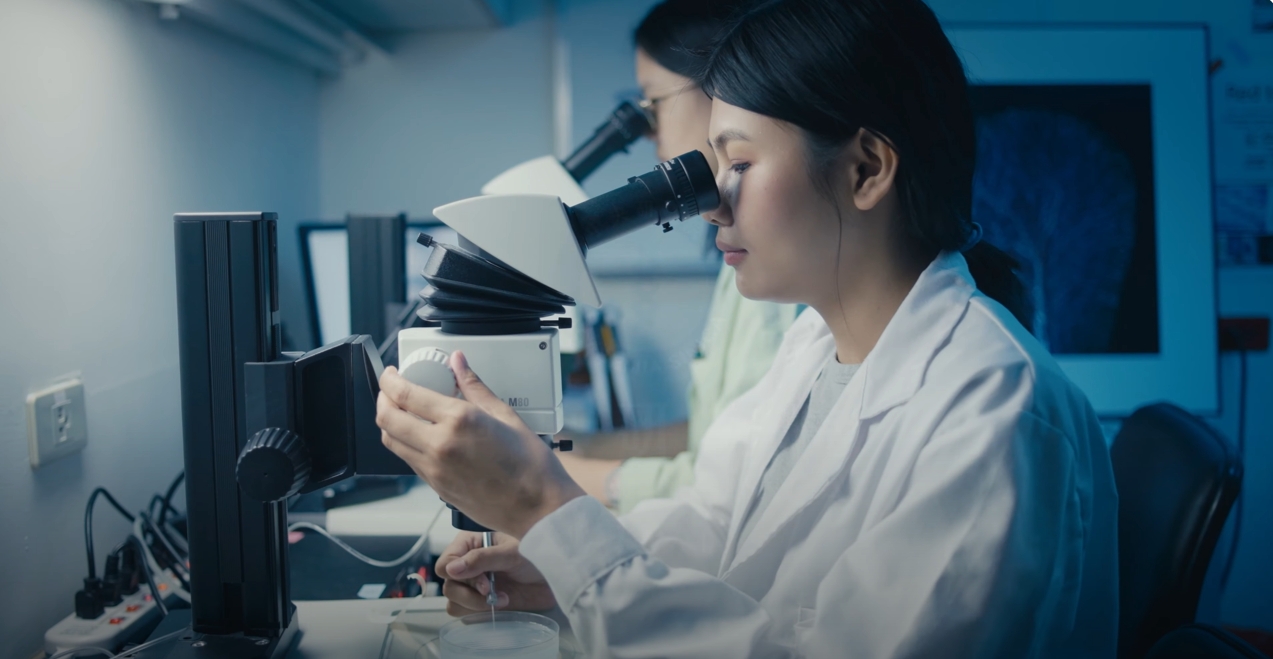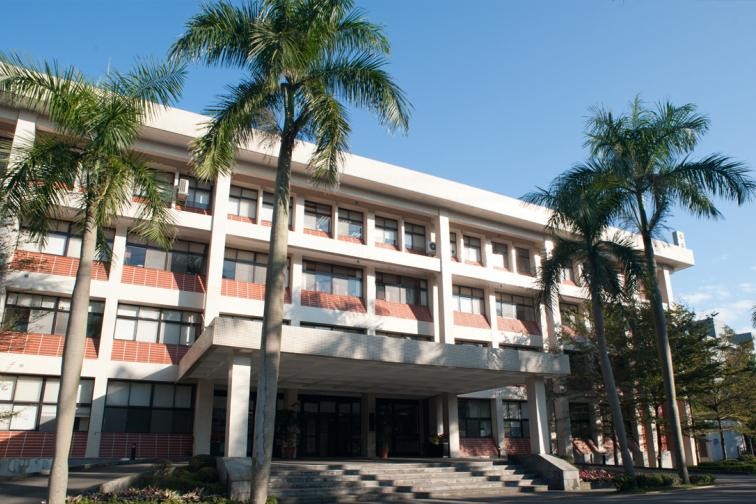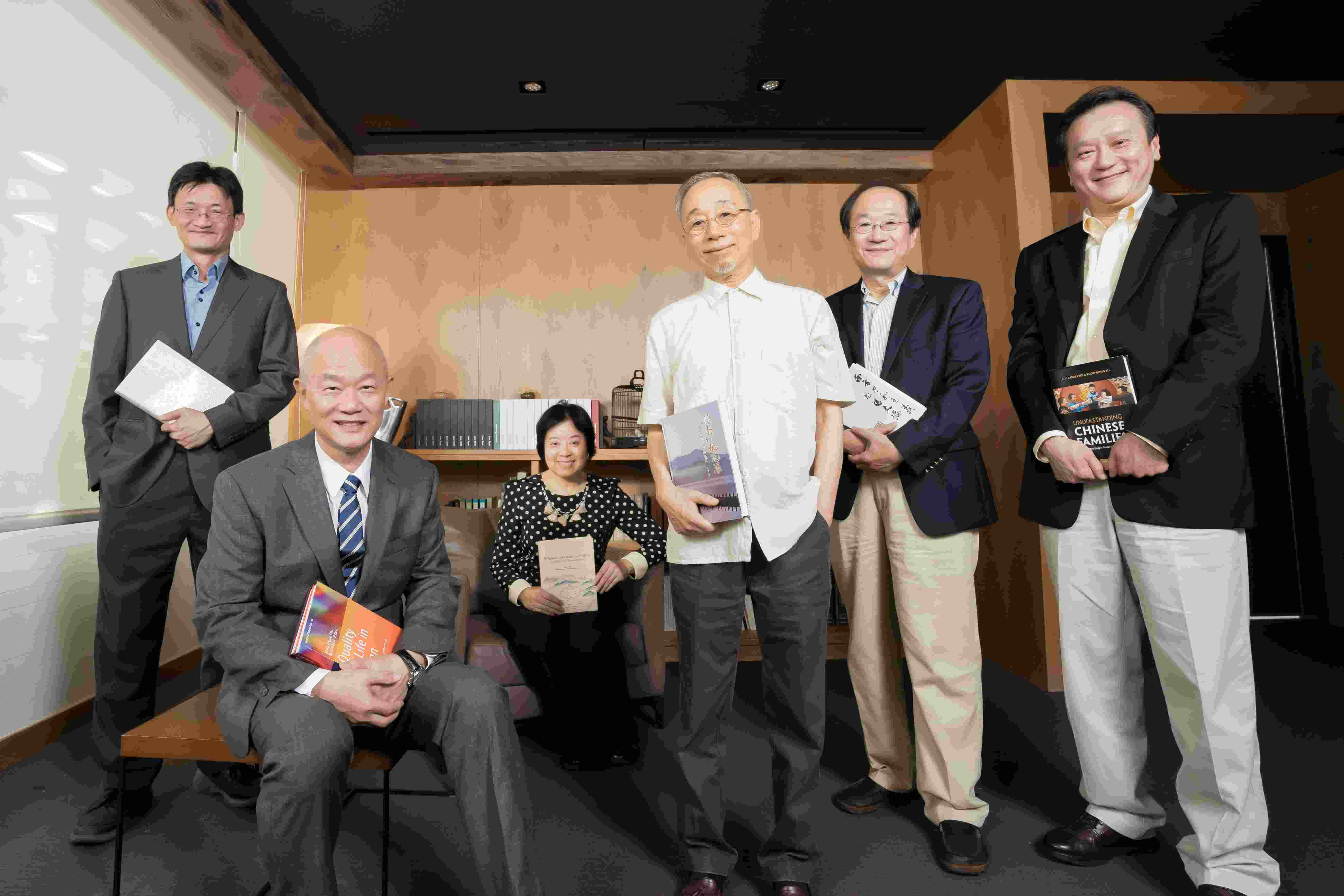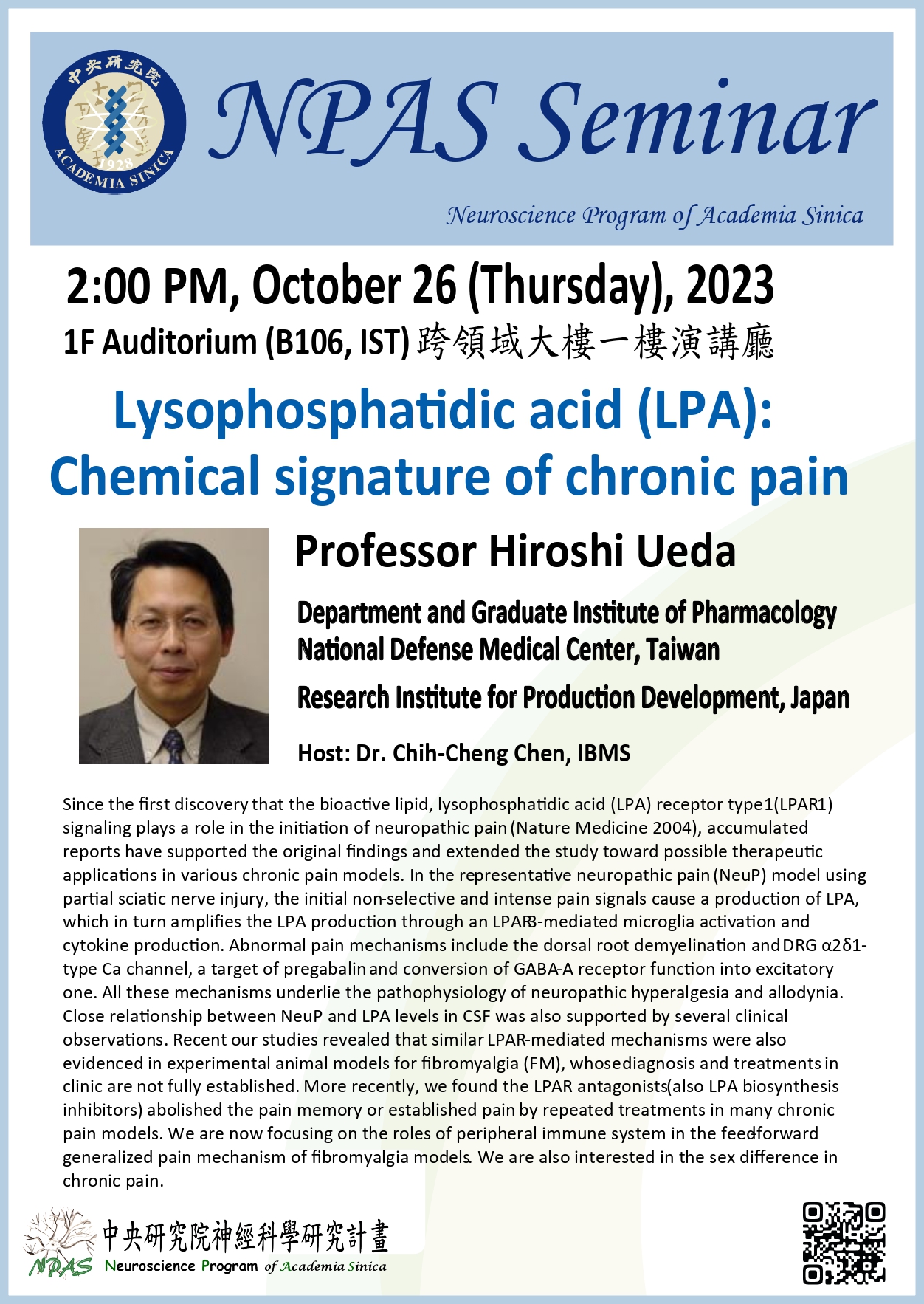- 演講或講座
- 生物醫學科學研究所
- 地點
跨領域大樓一樓演講廳
- 演講人姓名
Prof. Hiroshi Ueda (Research Institute for Production Development, Japan)
- 活動狀態
確定
- 活動網址
Since the first discovery that the bioactive lipid, lysophosphatidic acid (LPA) receptor type 1(LPAR1) signaling plays a role in the initiation of neuropathic pain (Nature Medicine 2004), accumulated reports have supported the original findings and extended the study toward possible therapeutic applications in various chronic pain models. In the representative neuropathic pain (NeuP) model using partial sciatic nerve injury, the initial non-selective and intense pain signals cause a production of LPA, which in turn amplifies the LPA production through an LPAR3-mediated microglia activation and cytokine production. Abnormal pain mechanisms include the dorsal root demyelination and DRG α2δ1-type Ca channel, a target of pregabalin and conversion of GABA-A receptor function into excitatory one. All these mechanisms underlie the pathophysiology of neuropathic hyperalgesia and allodynia. Close relationship between NeuP and LPA levels in CSF was also supported by several clinical observations. Recent our studies revealed that similar LPAR-mediated mechanisms were also evidenced in experimental animal models for fibromyalgia (FM), whose diagnosis and treatments in clinic are not fully established. More recently, we found the LPAR antagonists (also LPA biosynthesis inhibitors) abolished the pain memory or established pain by repeated treatments in many chronic pain models. We are now focusing on the roles of peripheral immune system in the feed-forward generalized pain mechanism of fibromyalgia models. We are also interested in the sex difference in chronic pain.









 首頁
首頁

